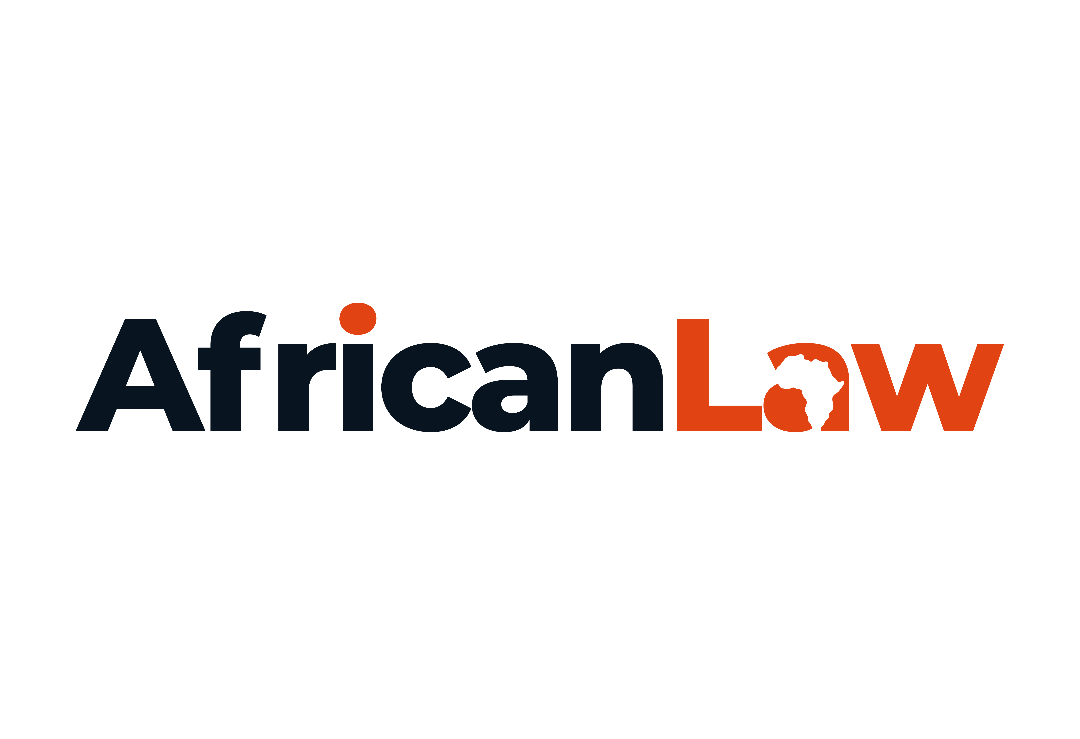A New Legal Landscape
The Data Protection Act 2024 is a game-changer. It introduces strict requirements for how organizations collect, store, and use personal data, making it clear that privacy is not an afterthought. The creation of the Information and Data Protection Commission (IDPC) is a crucial move, ensuring there’s oversight and accountability in enforcing these new rules.
At the heart of this law is the principle of consent. Organizations must now obtain clear permission before processing personal data, and they are required to implement strong security measures to prevent leaks and breaches. These measures are not just about legal compliance but they are about building trust in an increasingly digital world.
Key provisions include:
- Lawful Basis for Processing - Consent is central, but the Act also recognizes other grounds such as contractual necessity, legal obligations, and protection of vital interests.
- Data Subject Rights - Individuals can now exercise rights of access, rectification, erasure (“right to be forgotten”), restriction of processing, and objection.
- Cross-Border Data Transfers - Transfers outside Botswana are permissible only where the recipient country offers an adequate level of protection, or with safeguards such as standard contractual clauses.
- Security Safeguards - Organizations are legally required to adopt technical and organizational measures to prevent data breaches.
This positions Botswana as one of the few African states with a fully operational, rights-based data protection regime.
What It Means for Businesses
The implications for businesses are profound. Organizations, particularly in sensitive sectors such as banking, healthcare, telecommunications, and e-commerce, must adapt their systems and governance frameworks to align with the Act. Businesses must appoint Data Protection Officers (DPOs) where necessary, conduct impact assessments for high-risk data activities, and ensure data is only retained for as long as needed. Failure to comply can result in fines, liability for damages, and even criminal sanctions in cases of willful misconduct. Beyond legal risks, reputational harm from data mishandling could significantly affect consumer trust and investor confidence.
But it’s not all about penalties. Embracing data protection can be a strategic advantage. Consumers are becoming more privacy-conscious, and companies that prioritize compliance can stand out from the competition by showing they respect customer rights.
Challenges on the Road to Compliance
Of course, adapting to this new regime isn’t without its hurdles. Small and medium enterprises (SMEs) may struggle with the costs and complexities of compliance. Many organizations are also still unaware of the full implications of the law. This makes education and awareness campaigns vital in ensuring businesses understand what’s required of them.
Another challenge lies in enforcement. The IDPC must have the necessary resources to monitor compliance effectively and tackle breaches when they occur. Without strong enforcement, even the best laws can fall flat.
Broader Legal and Economic Implications
The DPA must also be viewed in the context of regional and global digital integration. As Botswana aligns with frameworks like the African Union Convention on Cyber Security and Personal Data Protection (Malabo Convention) and the AfCFTA Protocol on Digital Trade, compliance will facilitate cross-border commerce, cloud services, and fintech growth.
Moreover, the law’s strong privacy safeguards create fertile ground for emerging technologies such as artificial intelligence, healthtech, and fintech, which rely heavily on trust in data processing. By embedding privacy-by-design into innovation, Botswana positions itself as a competitive digital hub in Southern Africa.
Looking Ahead
The Data Protection Act 2024 is not merely a compliance exercise, it is about creating a culture of accountability and transparency in the digital economy. For businesses, early adoption of compliance frameworks offers a strategic advantage in attracting partners and customers. For consumers, the law signals that their rights matter, laying the foundation for trust in digital services.
For Botswana, this is more than just compliance, it is a step towards a safer, more transparent digital future.
For policymakers and practitioners, the immediate priority will be:
- Issuing clear guidance and codes of practice for businesses.
- Training judges, regulators, and lawyers on the interpretation of new provisions.
- Raising public awareness to empower citizens to exercise their rights.
The Data Protection Act 2024 is a clear signal that privacy matters, and those who embrace it will be better positioned to thrive in this new era of digital responsibility. If you would like to get a more personalised view of how the act affects you and your business, feel free to visit our platform and contact one of our Botswana-based legal professionals today.

















